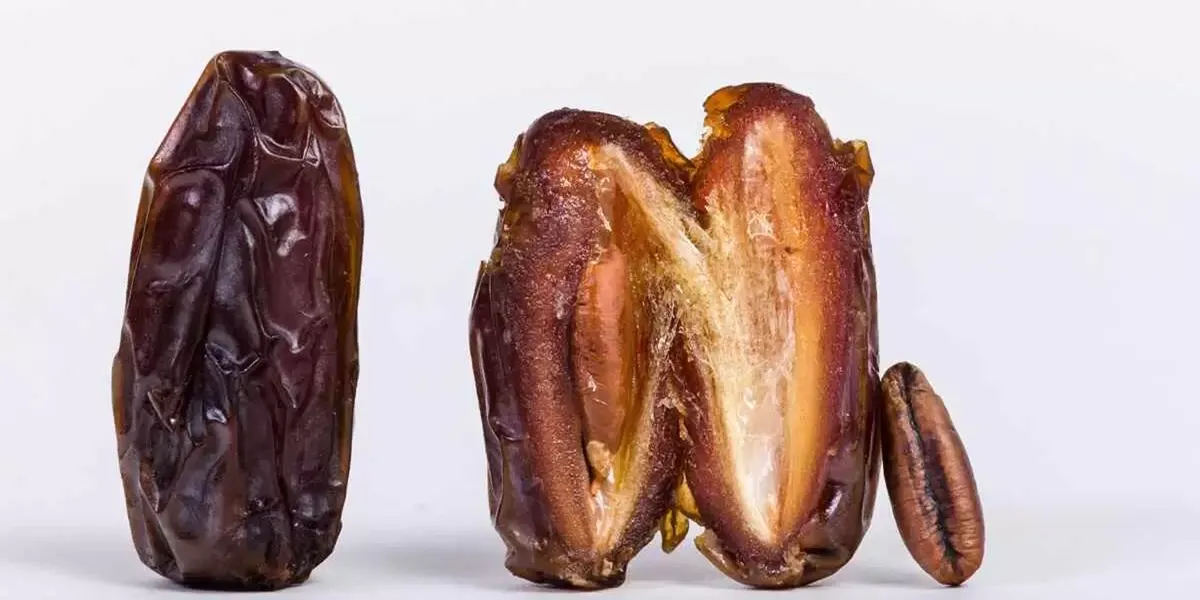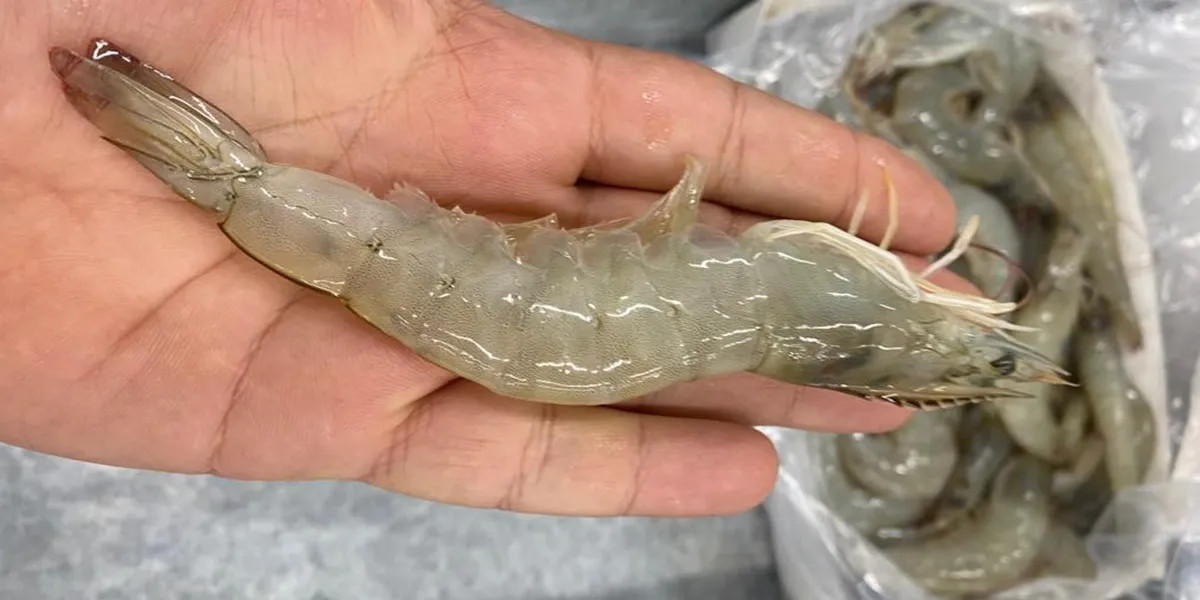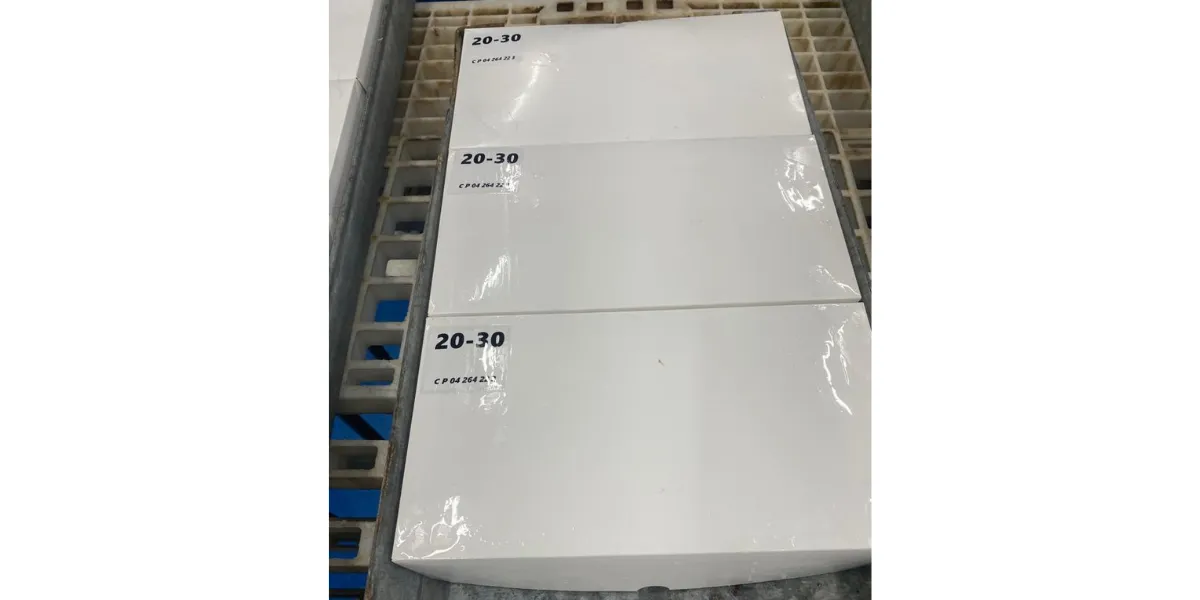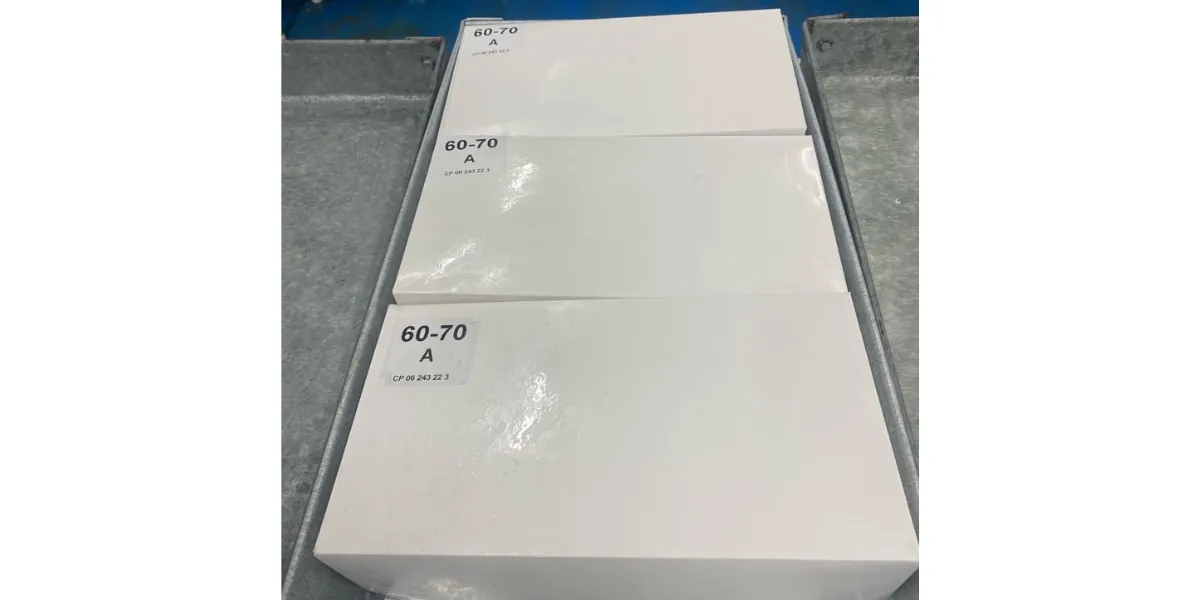The trade of dates has long been an essential part of the agricultural and economic landscape of many Middle Eastern, North African, and even some Asian countries. Beyond their nutritional value and cultural significance, dates play a vital role in supporting local economies by generating employment, promoting small businesses, and driving rural development.
As global demand for natural, healthy foods increases, dates are becoming more than a traditional staple—they are a key commodity in international trade. Countries like Iran, Saudi Arabia, Tunisia, and Egypt are not only meeting growing global demand but also ensuring that local communities reap the benefits of this expanding market.
1Economic Impact of Date Trade
The trade of dates creates multiple layers of economic benefits, ranging from income generation for farmers to contributions to national GDP.
Key Contributions:
- Income for Farmers: Date cultivation provides a primary or supplementary income source for thousands of farmers, especially in arid regions.
- Employment Opportunities: Processing, packaging, transportation, and marketing create jobs in rural areas.
- Foreign Exchange Earnings: Exporting dates generates significant revenue, strengthening national economies.
- Infrastructure Development: Increased trade encourages investment in roads, storage facilities, and marketplaces.
- Promotion of Local Industries: Date-related industries, including handicrafts, sweets, and cosmetics, benefit from increased trade.
According to the Food and Agriculture Organization (FAO), the global export value of dates exceeds $2 billion annually, highlighting their importance to local and national economies.
Major Exporting Countries and Varieties
Understanding the major players in the trade of dates helps illustrate how local economies benefit from exports.
| Country | Major Date Varieties | Annual Export Volume (tons) | Primary Markets |
|---|---|---|---|
| Iran | Mazafati, Piarom, Zahedi | 300,000+ | Europe, Asia |
| Saudi Arabia | Ajwa, Safawi | 200,000+ | GCC, USA |
| Tunisia | Deglet Noor | 150,000+ | France, Germany |
| Egypt | Hayany, Siwa | 180,000+ | Africa, Middle East |
While Iranian exports focus on quality and diversity, premium varieties like Medjool have become increasingly popular in North America and Europe. Exploring Iranian dates vs Medjool dates reveals differences in moisture, sweetness, and shelf-life that influence market strategies and export opportunities.
Strengthening Rural Communities
The trade of dates has a direct effect on rural communities where the crop is predominantly grown.
Social and Community Benefits:
- Job Creation: Farmers, laborers, and women working in sorting and packaging operations gain stable employment.
- Education Opportunities: Profits from date trade support local schools and training programs in farming techniques.
- Empowering Women: Women are often involved in post-harvest processing and handicraft production, generating additional income.
- Community Infrastructure: Roads, water systems, and storage facilities often improve as trade grows.
These benefits help reduce rural poverty and foster economic stability in regions dependent on agriculture.
Trade and Technological Advancements
The increasing demand for dates in international markets encourages innovation in cultivation, processing, and logistics.
Key Technological Advancements:
- Irrigation and Water Management: Drip irrigation and moisture sensors optimize water use, especially in arid regions.
- Post-Harvest Handling: Cold storage, vacuum packaging, and modified atmosphere packaging extend shelf life.
- Digital Marketing: E-commerce platforms and social media promote direct trade with consumers globally.
- Supply Chain Efficiency: Tracking technologies improve logistics, ensuring fresh delivery to overseas markets.
- Sustainable Farming: Renewable energy, organic fertilizers, and integrated pest management align with eco-conscious global demand.
These innovations increase the quality and volume of exports, which in turn supports economic growth for local producers.
Health and Market Appeal
Consumer awareness of the health benefits of dates—including high fiber content, natural sugars, potassium, and antioxidants—boosts demand in global markets.
By promoting these benefits, exporters can reach health-conscious buyers and premium markets, adding value to the product and increasing revenue for local communities.
Marketing strategies often emphasize variety and origin. For example, highlighting Iranian date varieties like Mazafati and Piarom attracts attention in high-end international markets, where consumers value authenticity, origin, and nutritional content.
Challenges and Opportunities in the Trade of Dates
Despite growth, exporters face several obstacles, which can be transformed into opportunities with proper strategies.
Challenges:
- Perishability: Soft dates require careful handling and refrigeration.
- Regulatory Compliance: Different countries impose strict import regulations and certifications.
- Competition: Multiple exporters compete on price, quality, and brand recognition.
- Climate Variability: Drought and extreme temperatures can affect yield.
- Logistics Costs: Shipping over long distances increases costs and complexity.
Opportunities:
- Premium Markets: Focusing on high-quality, organic, or gift-packaged dates increases profit margins.
- Emerging Markets: Growing interest in Asia-Pacific and North America offers new export destinations.
- Value-Added Products: Date syrups, energy bars, and other derivatives expand revenue streams.
- Sustainable Branding: Eco-friendly practices resonate with environmentally conscious consumers.
By addressing these challenges, exporters strengthen the positive impact of the trade of dates on local economies.
Case Study: Iranian Date Exports
Iran has emerged as a major player in global date markets. Its farmers cultivate a wide range of Iranian Dates across provinces like Kerman, Hormozgan, and Khuzestan.
Key Impacts on Local Economies:
- Job Creation: Seasonal labor for harvest and packaging boosts employment.
- Export Revenue: Iran earns millions annually from date exports, supporting national GDP.
- Infrastructure Development: Investments in cold storage, transportation, and processing facilities benefit surrounding communities.
- Skill Development: Farmers adopt modern irrigation, fertilization, and quality control techniques.
Exploring Iranian dates vs Medjool dates helps understand market positioning and pricing strategies, demonstrating how variety selection affects economic outcomes.
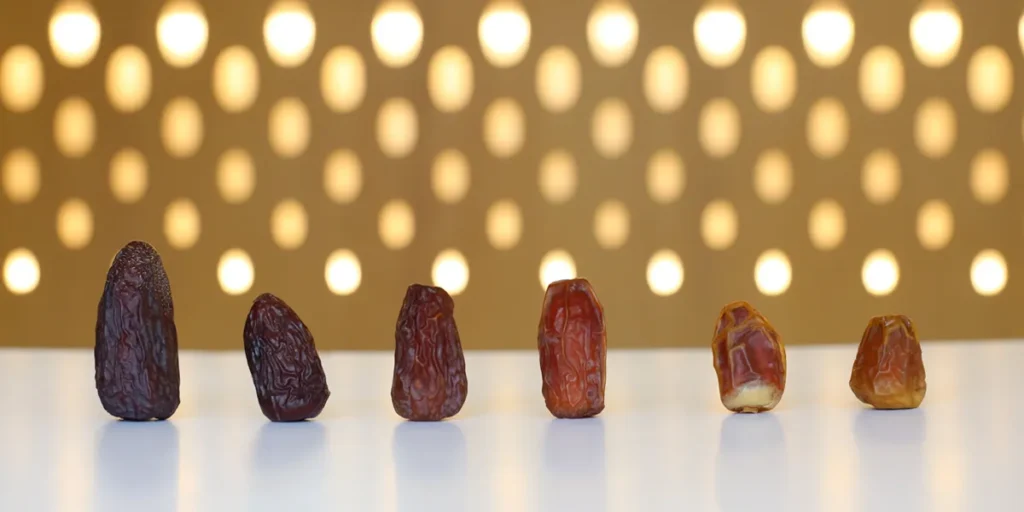
Packaging and Branding Innovations
Packaging is crucial to both preserving quality and enhancing market appeal.
Innovative Approaches:
- Vacuum-Sealed Packs: Extend shelf life and maintain freshness.
- Premium Gift Boxes: Attract high-end markets in Europe, North America, and the Middle East.
- Eco-Friendly Materials: Recyclable or biodegradable packaging meets sustainability standards.
- Informative Labels: Include origin, nutritional facts, and health benefits, increasing consumer confidence.
Proper packaging supports the trade of dates while increasing revenue, benefiting both farmers and exporters.
Sustainable Practices and Long-Term Growth
Integrating sustainability into date production ensures economic benefits are long-lasting.
Sustainability Strategies:
- Water Conservation: Efficient irrigation techniques reduce water usage.
- Organic Fertilizers: Reduce chemical impact while improving soil fertility.
- Renewable Energy: Solar-powered irrigation and processing reduce costs and carbon footprint.
- Waste Utilization: Date pits and leaves are repurposed for livestock feed, energy, or handicrafts.
- Fair Trade Practices: Ensures equitable income distribution among workers.
By implementing sustainable practices, the trade of dates continues to benefit local economies without depleting resources.
Community Development Through Exports
Beyond financial gains, date exports drive broader social development:
- Education and Training: Export revenue funds local educational programs and agricultural training.
- Healthcare Support: Profits contribute to clinics, clean water systems, and sanitation projects.
- Women’s Empowerment: Female participation in sorting, packaging, and handicrafts boosts household income.
- Cultural Preservation: Supporting traditional cultivation methods maintains cultural heritage.
Through these mechanisms, the trade of dates becomes a tool for holistic community development.
Market Trends and Consumer Preferences
Global trends influence which dates are in demand and how local economies benefit:
- Health-Conscious Consumers: Increasing preference for natural, minimally processed foods.
- Premiumization: Buyers seek high-quality, authentic, and sustainably produced dates.
- E-commerce Growth: Online platforms expand reach, increasing revenue potential for local producers.
- Cultural Appreciation: Growing interest in international cuisines and traditional foods supports exports of authentic varieties like Iranian date varieties.
Aligning production and marketing with these trends maximizes economic impact.
Future Outlook
The trade of dates is poised for continued growth:
- Expansion into New Markets: Asia-Pacific, North America, and high-demand regions offer untapped potential.
- Innovation in Packaging and Logistics: Advances improve quality and extend shelf life.
- Value-Added Products: Date-based snacks, syrups, and health foods increase revenue streams.
- Sustainability Initiatives: Eco-friendly farming and fair labor practices strengthen market appeal.
With strategic planning, investment, and innovation, local economies can continue to benefit from a robust global date trade.
Conclusion
The trade of dates is more than a commercial activity; it is a catalyst for rural development, economic growth, and community empowerment. By creating jobs, supporting small businesses, and promoting infrastructure development, date exports have a significant positive impact on local economies.

